M4 relief road: Five things the planning inspector said
- Published
It was one of Britain's biggest road building projects.
Until First Minister Mark Drakeford cancelled it, despite the conclusions of a planning inspector.
After months of studying the evidence in a public inquiry, Bill Wadrup said there was a "compelling case" to build the relief road.
Here are five things we learnt from his report.
Alternatives
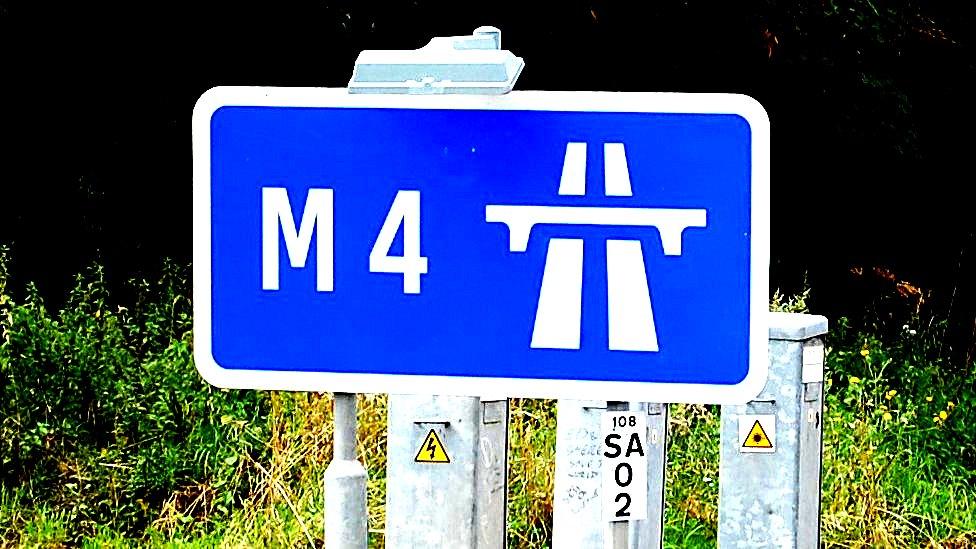
How about burying the relief road under a 10-mile tunnel at a cost of £10bn?
Mr Wadrup didn't think it was a good idea.
It was one of 28 proposals for alternatives to the Welsh Government's plan.
Some of them proposed a version of the so-called blue route, which follows existing roads to the south of Newport.
But the inspector was "firmly" against them, because they would have involved "building an elevated urban expressway close to where people live".
Traffic
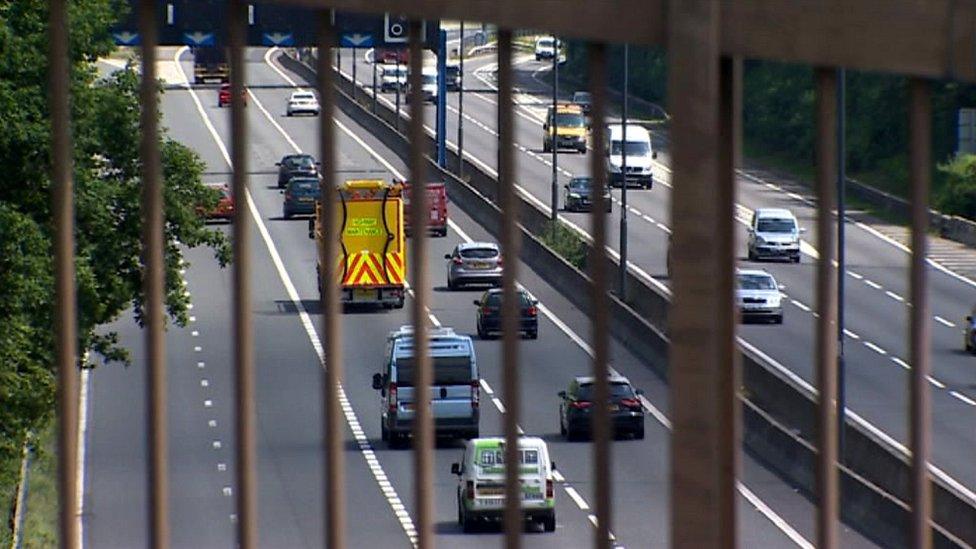
The motorway around Newport is "plagued" by an "abnormally high number" of delays.
Opponents to the relief road think if we could get people out of their cars, it would alleviate some of the problems.
A major upgrade of public transport in the region is planned as part of the South Wales Metro.
But even if that materialised overnight, it would only reduce traffic by 5.9%.
And in the "real world", Mr Wadrup said those improvements are years away.
In the meantime, use of the M4 increases. Traffic rose 12.3% between 2011 and 2016.
Value for money

The cabinet decided in April that it didn't have the money to build the road.
The inspector couldn't have known that.
But he did judge the project to be "at least sound value for money and, in all probability, good value for money".
It would give the economy a shot in the arm, he said, meaning that for every pound spent building it, the nation would earn £1.56.
The Gwent Levels
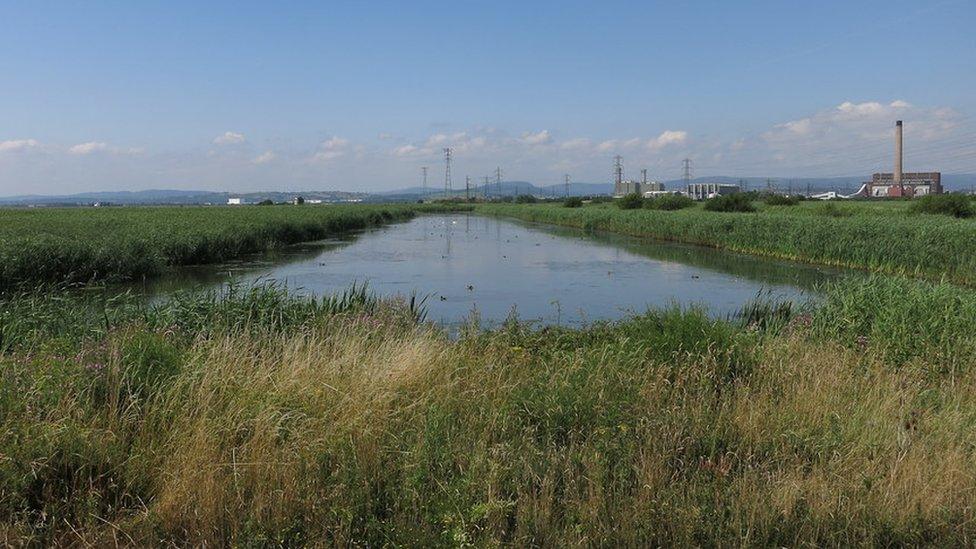
Even if he had money to spend, the first minister says he wouldn't have built the road because of the impact on the Gwent Levels.
It's a sensitive environment, but the inspector says building the motorway there might not be as damaging as some people think.
He said only 2% of it would be affected, and thanks to the government's plans to limit the impact "in the medium term the Levels would be larger and ecologically in better condition than they are today".
The environment
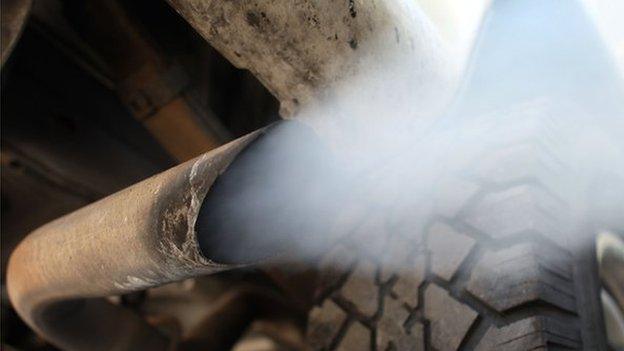
On the day it privately decided it couldn't afford the new M4 - April 29 - the Welsh Government publicly declared we were living through a climate emergency.
You might think that a new motorway would only add to the carbon emissions that are contributing to climate change.
But Mr Wadrup was persuaded that a shorter, less congested, motorway would reduce carbon emissions.
After weighing up the competing considerations, he said "it cannot be argued that the scheme does not have substantial environmental benefits or significant economic advantages across south Wales".
- Published5 June 2019
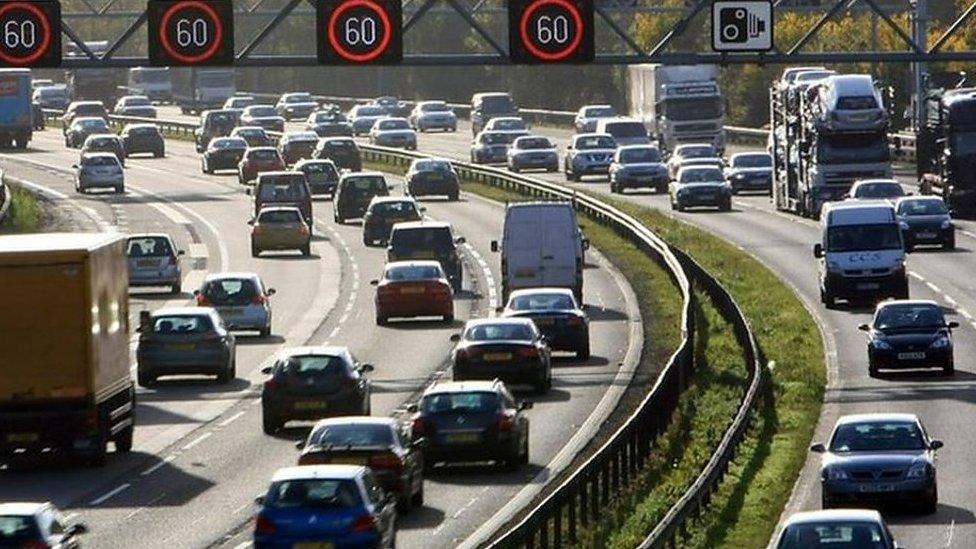
- Published4 June 2019
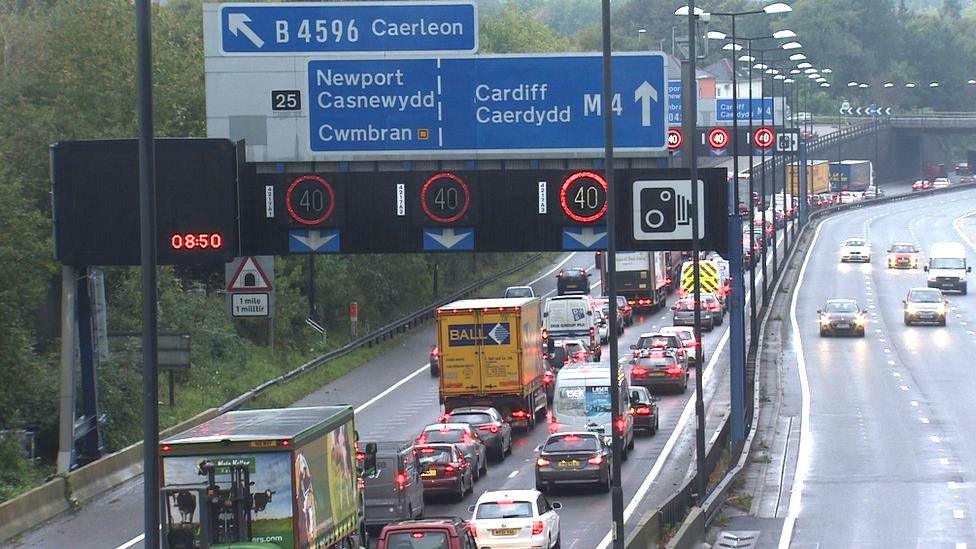
- Published4 June 2019
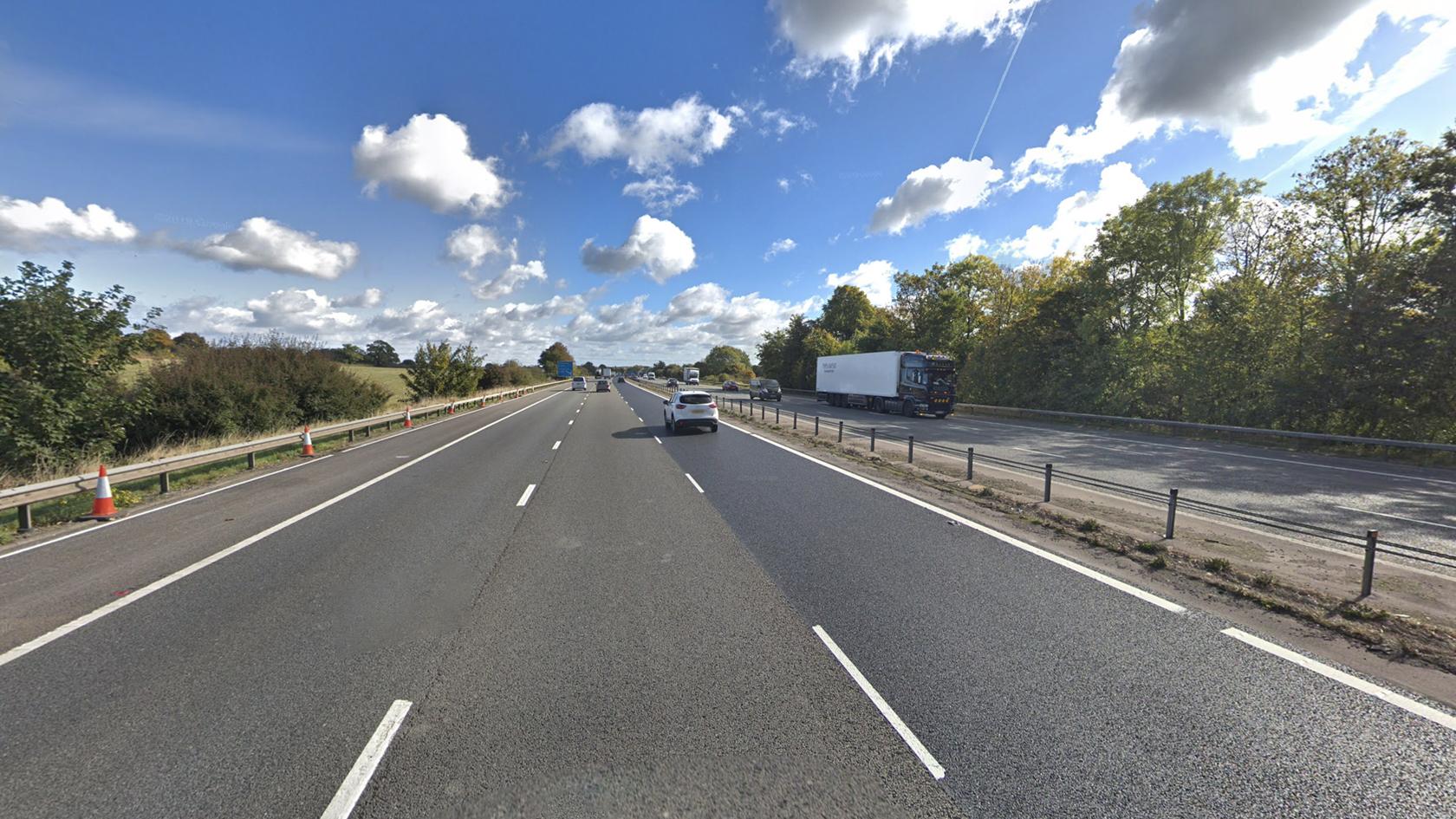
- Published3 June 2019

- Published1 June 2019
